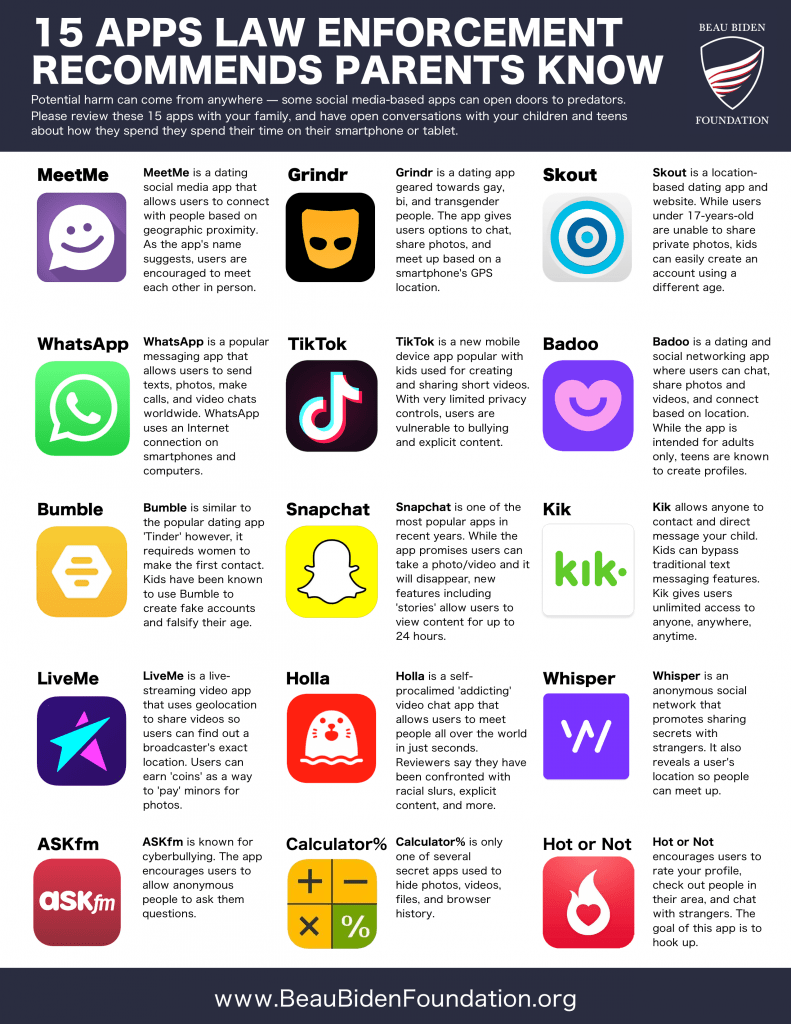You can probably picture the PSA video from the 80s. A young girl is walking to school. A shady-looking guy pulls up beside her and offers to give her a ride to her school. The voice-over: “Talk to your children about not talking to strangers. Do it today.”
Chances are your kids know better than to get in the car with a stranger. It’s as engrained in our culture as buckling your seatbelt (those PSA’s worked!). But predators have become smarter and their tactics have shifted.
What is the modern version of a predator cruising a neighborhood, offering rides or candy to kids? It’s the predator sitting in the comfort of his or her home, in front of a screen and gaming online.
39% of online gamers are over the age of 35. The explosion of Massive Multiplayer Online Games in the last few years has given predators what they’ve always wanted – a huge audience of young people, a way to quickly and easily communicate, and a shared experience.
It’s hard to imagine because as adults we’re innately skeptical of people’s motives. But most kids still believe the person on the other end of that chat in Call of Duty® is the person they say they are.
How does it work? Predators offer children the game’s version of currency to help them improve their character (weapons in Fortnite®, for example). They begin to pair up for missions and share resources. The conversation in-game turns from tactics in completing the mission to seemingly mundane topics – school, life, interests outside of gaming.
If you’ve talked to your children and teens about online predators and their grooming tactics, chances are your kid recognizes the creep and that ends the conversation.
But if your child chooses to engage, the predator begins to escalate the conversation. Perhaps the predator shares a phone number and a conversation begins offline. Then the conversation turns again – this time sexual. The predator asks for a picture – eventually a provocative one.
“Ok,” you say. I’ve talked to my kids about being cautious about who they talk to online. They’d never do something like that. Good. But not all predators hang out in online gaming platforms or on social media networks. Very often, the first person to solicit your child for a nude or semi-nude image of themselves is a classmate or peer.

Online Predators: What You Need To Know To Protect Your Child Today
Please click here to download our informative and FREE ebook.


